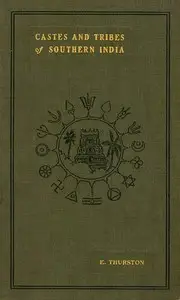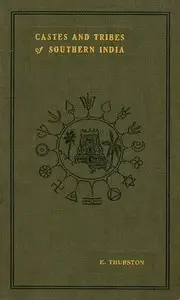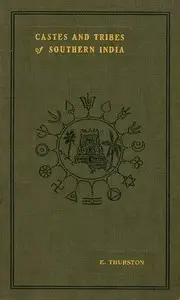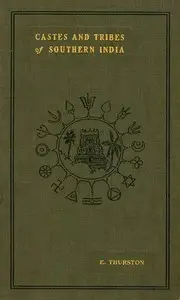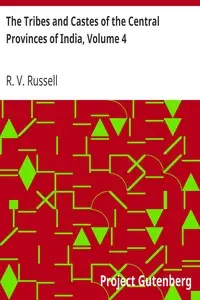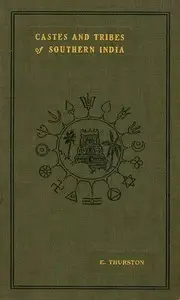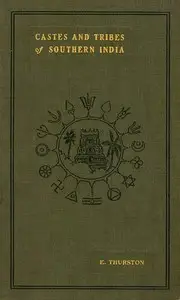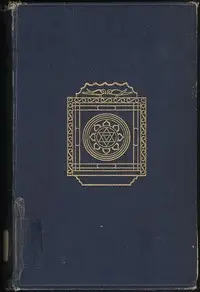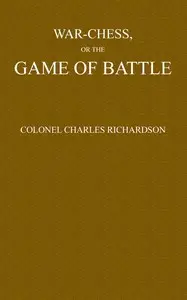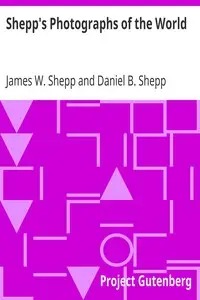"Castes and Tribes of Southern India. Vol. 4 of 7" by Edgar Thurston is an early 20th-century exploration of the social groups in South India. The study looks closely at different castes and tribes, focusing on those from K to M, and shares information about their histories, social customs, and how they lived. It talks about different groups, like the Koronos, who were known as accountants with old stories about where they came from, and the Kotas, who were good artisans but often treated poorly because of what they ate and their rituals. The book aims to record and keep safe the complex mix of social structures and cultural practices found in Southern India, offering a detailed look into the lives and traditions of these communities.
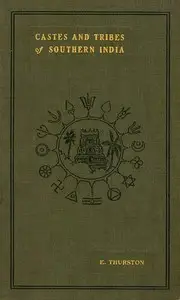
Castes and Tribes of Southern India. Vol. 4 of 7
By Edgar Thurston
Uncover the unique histories and customs of South Indian communities, from accountants with mythical pasts to skilled artisans facing social challenges, in this early 20th-century exploration of caste and tribe.
Summary
About the AuthorEdgar Thurston was the British Superintendent at the Madras Government Museum from 1885 to 1908 who contributed to research studies in the fields of zoology, ethnology and botany of India, and later also published his works at the museum. Thurston was educated in medicine and lectured in anatomy at the Madras Medical College while simultaneously holding a senior position at the museum. His early works were on numismatics and geology, and these were later followed by researches in anthropology and ethnography. He succeeded Frederick S. Mullaly as the Superintendent of Ethnography for the Madras Presidency.
Edgar Thurston was the British Superintendent at the Madras Government Museum from 1885 to 1908 who contributed to research studies in the fields of zoology, ethnology and botany of India, and later also published his works at the museum. Thurston was educated in medicine and lectured in anatomy at the Madras Medical College while simultaneously holding a senior position at the museum. His early works were on numismatics and geology, and these were later followed by researches in anthropology and ethnography. He succeeded Frederick S. Mullaly as the Superintendent of Ethnography for the Madras Presidency.

